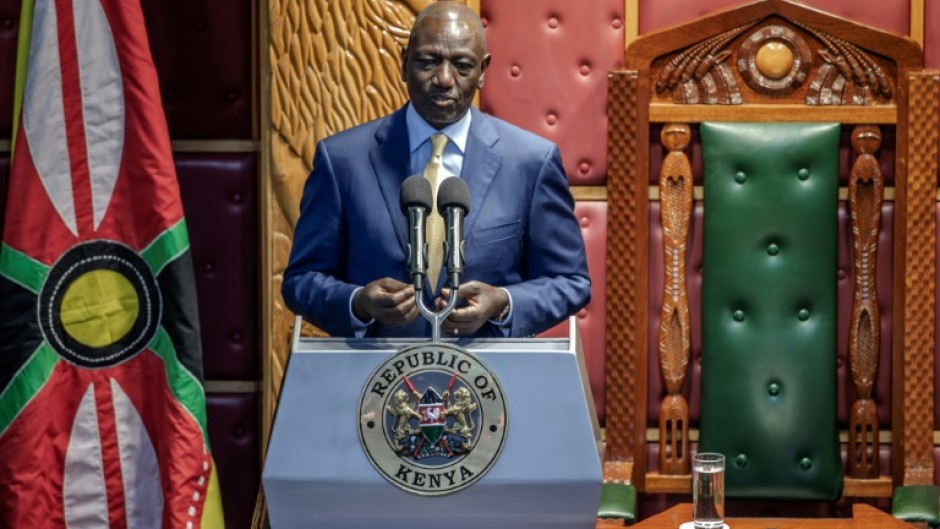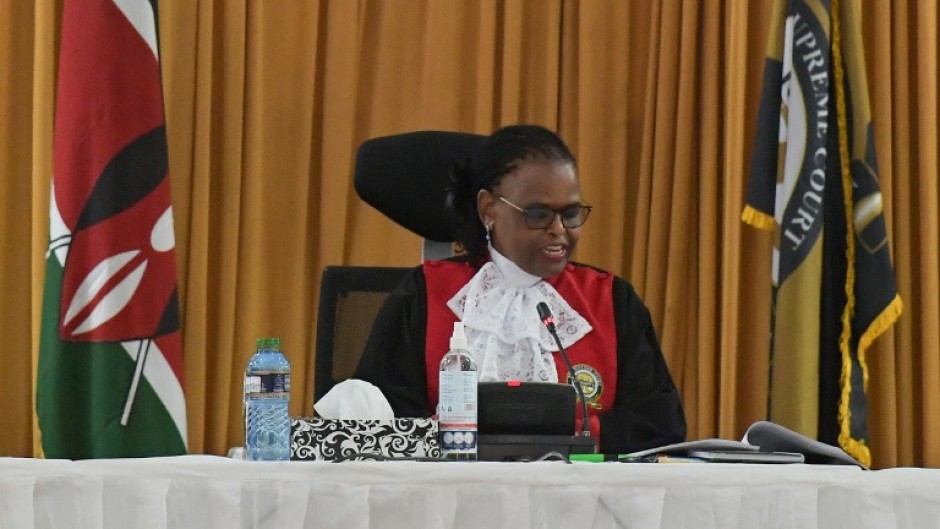Kenyan President William Ruto has triggered uproar after accusing some judicial officials of working corruptly with his opponents to try to derail some key government policies.
Ruto, who was elected in 2022 on a pledge to ease the hardship of ordinary Kenyans, has been on a campaign to slash public debt and "wasteful" government expenditure in the East African country of some 53 million people.
Several tax schemes and a privatisation plan introduced by the government under wide-ranging economic reforms have been held up by the courts after legal challenges last year.
"It is not possible that we respect the judiciary (while) a few individuals who are beneficiaries of corruption are using corrupt judicial officials to block our development projects," Ruto said in an address on Tuesday.
"We are a democracy, we respect, and we will protect, the independence of the judiciary," he said. "What we will not allow is judicial tyranny, and judicial impunity."
His remarks triggered outrage in legal circles, with Chief Justice Martha Koome warning of the risk of "anarchy" if the independence of the judiciary is not respected.

"When state or public officers threaten to defy court orders, the rule of law is imperiled, setting stage for anarchy to prevail in a nation," Koome was quoted by the Kenyan media as saying in an internal memo, without directly mentioning Ruto.
In a separate statement, the Judicial Service Commission that she heads said it has "noted with concern that honourable judges and judicial officers have been subjected to public criticism and vilification for issuing court orders that are perceived to be against state programmes and policies".
The Law Society of Kenya has called for nationwide demonstrations next week.
Opposition leader Raila Odinga, who has threatened to resume anti-government protests this year if the Finance Act is not repealed, said Ruto had "crossed a line", describing his criticisms of the judiciary as unacceptable.
Kenya is facing a host of economic hurdles, including revenue shortfalls, a record level of public debt as well as a cost of living crisis and plunging currency.
The High Court last year put on hold a controversial housing levy and a health fund tax and has also suspended the planned sale of several state-owned entities.
Final rulings are expected this year.
Ruto took office in September 2022 after defeating Odinga in a hotly disputed election whose results were upheld by the Supreme Court headed by Koome.


